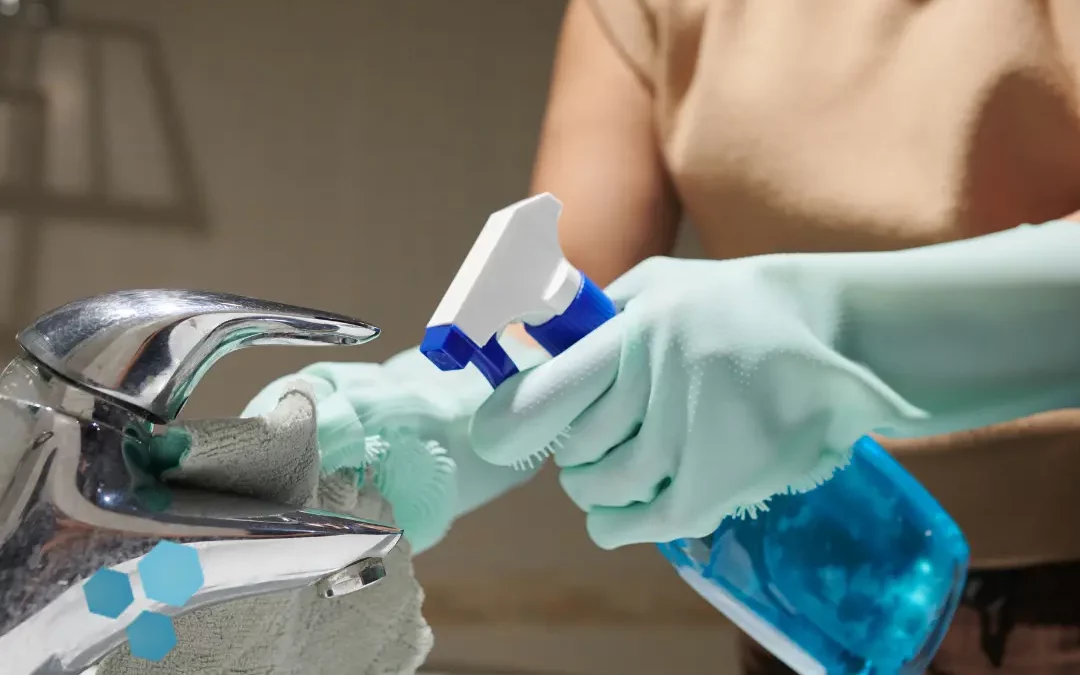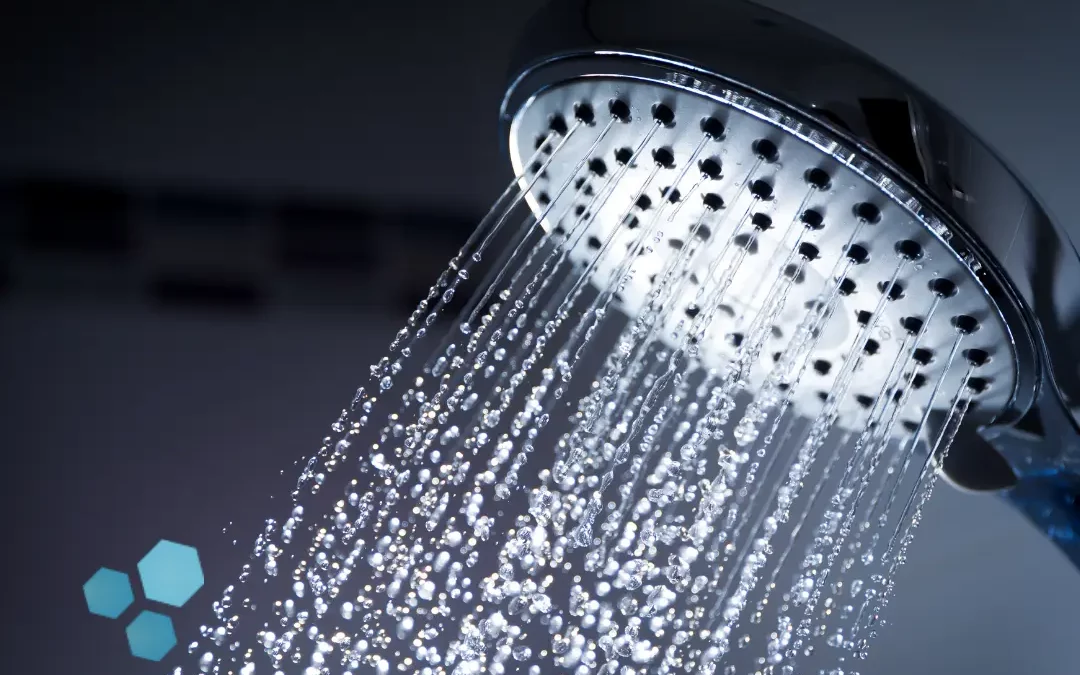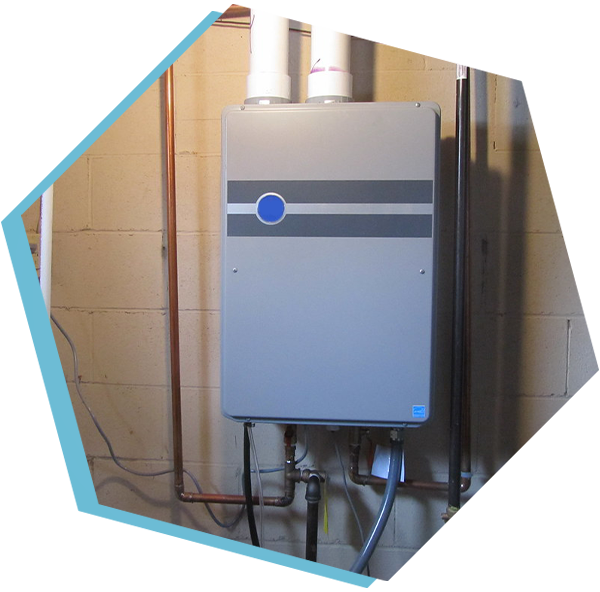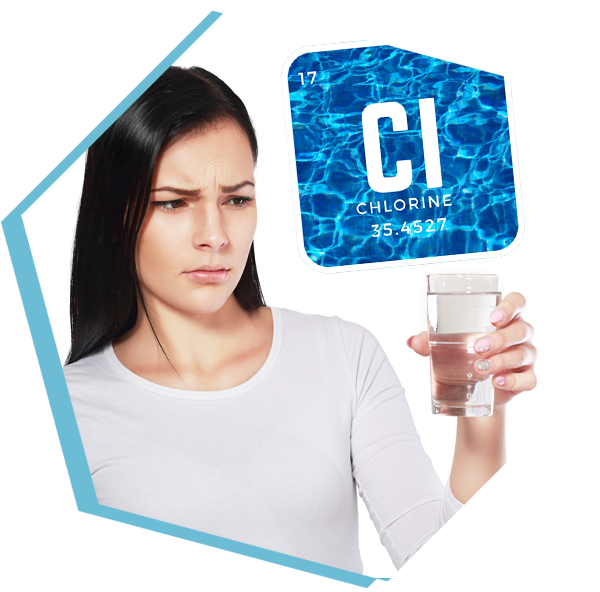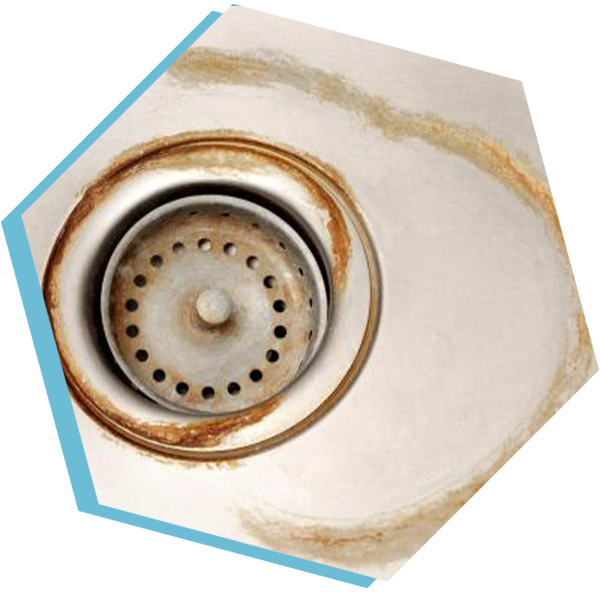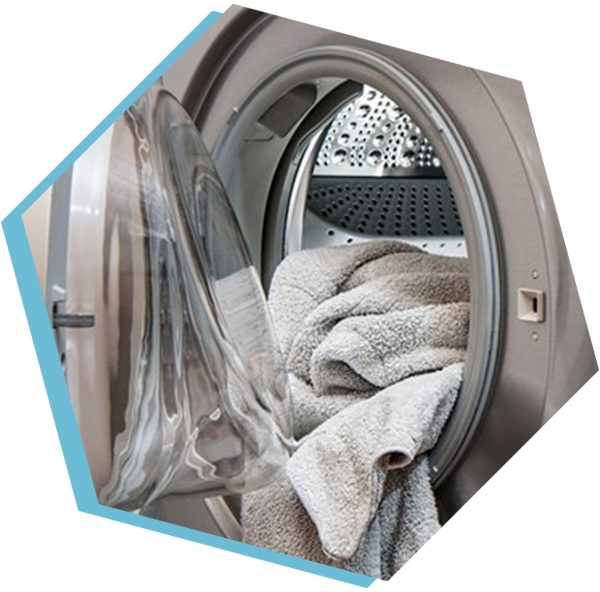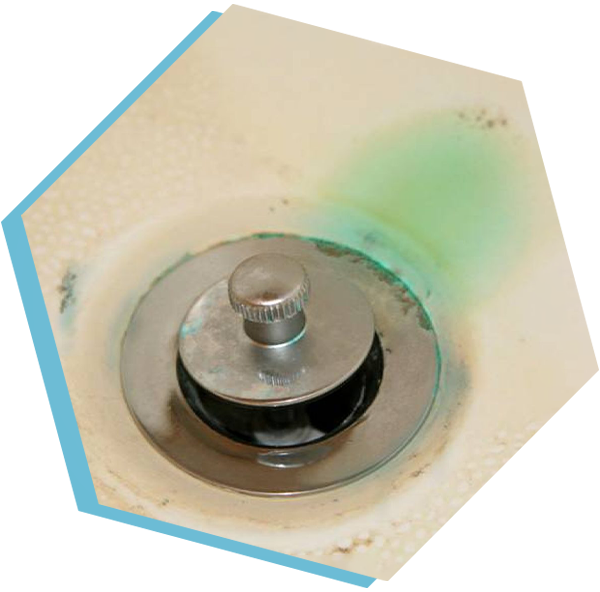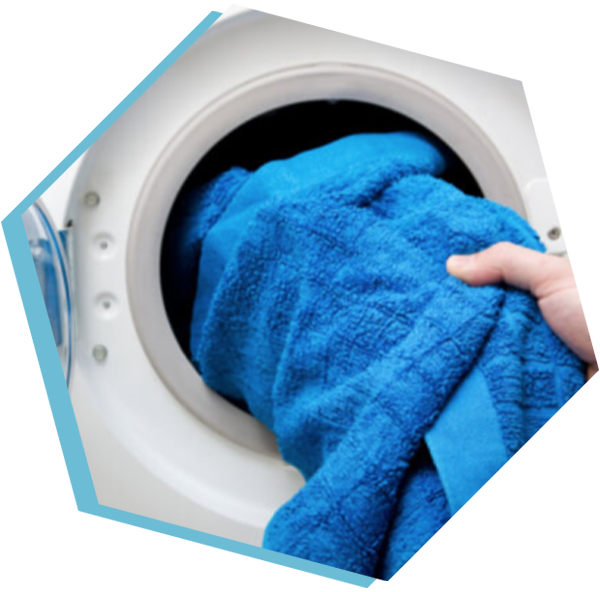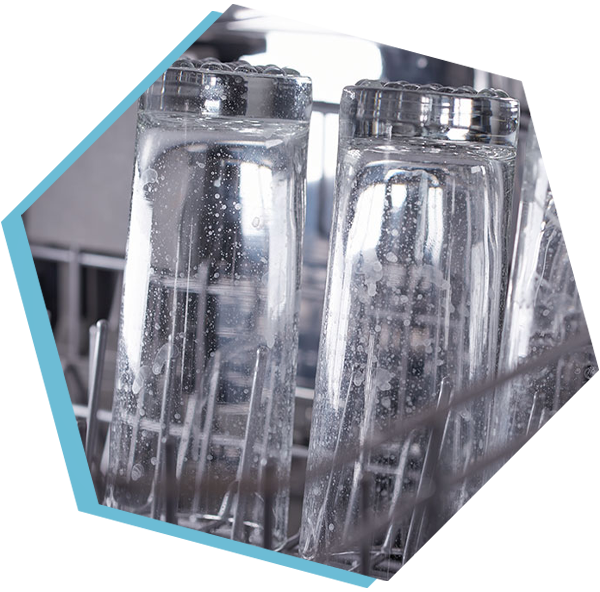Sulfur
What’s that swampy smell in my hot water heater? Have you been experiencing the hot water only having a strong sulfur smell and the cold water has none then you might be experiencing the results of harmless sulfur bacteria causing nuisance in your water heater.
The phenomenon of sulfur smell in the hot water heater is one that can occur either on city water or on well water. It is more common on well waters with higher sulfate levels than commonly occur on city waters, but I have seen many instances of water heater sulfur complaints on city waters. Both are caused by non-pathogenic nuisance bacteria converting naturally occurring sulfates to hydrogen sulfide as part of their metabolic process. It is important to emphasize that I am referring only to instances in which sulfur smell is being generated in the hot water heater. A simple test to determine this is to allow the cold water to run for several minutes at the sink or in the shower. The shower is the preferred sampling point since any gas that is in the water is more easily transferred from the water to air when the water is sprayed through the shower head. As such it is much easier to detect by smell. After you are certain that no sulfur is detectible on the cold side then turn off the cold water and then turn the hot water on.
Run the hot water for several minutes or until the water becomes hot. If sulfur is detected on the hot side but not on the cold water side then the problem lies in the hot water heater. The mechanism which is generally prevalent is due to the four following conditions
- Presence of sulfates (SO4)
- Sulfur reducing bacteria (commonly Desulfovibiro Desulfuricans)
- A condition at the anode which creates a thin film of hydrogen ions.
- Temperatures in the hot water heater of less than 140 degrees Fahrenheit Danger: While it is possible to increase the temperature to control hydrogen sulfide created in the water heater is absolutely not advised due to the extreme danger of scalding which can result in severe injury or death. Water heater temperatures must be kept low in keeping with all locally prevailing plumbing code requirement. If in doubt contact your licensed plumbing contractor for details of maximum allowable temperature settings allowed by law.
PROBABLE MECHANISM
A hot water heater is simply a metal tank with a heat source, an inlet and an outlet. Sounds pretty basic in design but in practice more complicated chemistry occurs. Hot water heater are prone to corrosion. Because of this fact they are coated with a lining to protect the metal and are also protect by a device called an anode. In effect this allow the hot water heater to function as a weak electrolytic cell with the anode (made of magnesium, aluminum, or zinc) to sacrificially corrode.)
The tank wall becomes the cathode. As this corrosion occurs a thin layer of hydrogen ions occurs at the anode. If this hydrogen film occurs in the presence of the sulfur reducing bacteria and sulfates and temperature less than 140 F sulfur will occur CAUTION. SEE WARNING ABOVE. To stop sulfur formation just interrupt one of the above four factors. Removal of sulfates is not cost effective. The bacteria can be killed with continuous feed of chlorine. One-time shock chlorination is generally not effective. Continuous chlorination is also not cost effective. Changing the type of anode is possible. Specific anodes with specialized alloys are available to reduce the probability of generating hydrogen sulfide.
The more reliable method to control hydrogen sulfide in tank style water heaters is to replace the metallic anode with an electric anode that impresses a small DC current into the heater. This not only virtually eliminates water heater tank generated sulfur but will greatly extend the life of the tank water heater.





